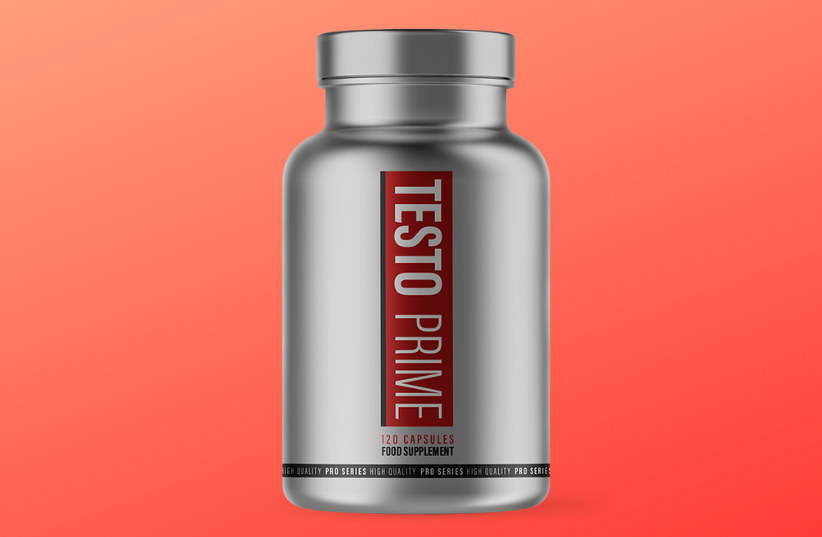Recent research finds that a popular low-calorie sugar substitute, generally considered a healthy alternative, may potentially increase the risk of heart attack and stroke. Additionally, these cells also produced less nitric oxide after being exposed to erythritol. Nitric oxide, a vital compound that allows blood vessels to widen, was reduced.
This reduction in nitric oxide may increase heart attack and stroke risk, according to the authors. “The study utilized a well-established model of human brain endothelial cells, making it highly relevant for investigating cerebrovascular effects,” Auburn Berry, a graduate student at the University of Colorado–Boulder and the lead author of the study, told The Epoch Times. Berry said that the study had several limitations.

She said the findings were confined to in vitro conditions, meaning they may not fully reflect what happens in a living organism. The study also focused on short-term exposure of three hours, “leaving the long-term effects of erythritol consumption unknown,” she said, adding that only one concentration of erythritol was tested, “which restricts the ability to understand the dose-response relationship.” However, she emphasized that the erythritol concentrations tested were “physiologically relevant” and closely mimicked real-world dietary exposure.
“The key takeaway from our research is that nonnutritive sweeteners like erythritol can potentially have negative health effects,” Berry said, cautioning that it’s essential for people to be aware of their daily erythritol consumption. Erythritol is a naturally occurring substance classified as a sugar alcohol. Although derived from sugar, it is neither sugar nor alcohol.
Erythritol provides sweetness without raising blood sugar levels and is low in calories, making it a popular sugar substitute in processed foods. The body also naturally produces erythritol as a byproduct of glucose metabolism, though the amount produced is minimal. Feivor noted that identifying products containing erythritol can be challenging, since the Food and Drug Administration considers the sweetener safe and does not require it to be clearly labeled.
He noted several limitations to the research, including uncertainty about the duration of cell exposure to erythritol and whether the experimental conditions accurately reflect what happens when people eat the sweetener. “The analysis is done in cerebral microvascular cells involved in the integrity of the blood-brain barrier, making it a leap in pathophysiology to explain an increased risk of heart attack,” Dinerstein said. A connection to stroke, however, is more plausible.
That said, the brain has a blood-brain barrier, which is designed to protect it from harmful substances circulating in the bloodstream, and its fat-based nature should make it difficult for water-soluble molecules like erythritol to pass through. Therefore, more research is needed to determine the health effects of erythritol in the body..
Health

Common Sweetener May Harm Brain and Heart Health

Erythritol may affect blood vessel function, though experts emphasize findings are early and require further investigation.















